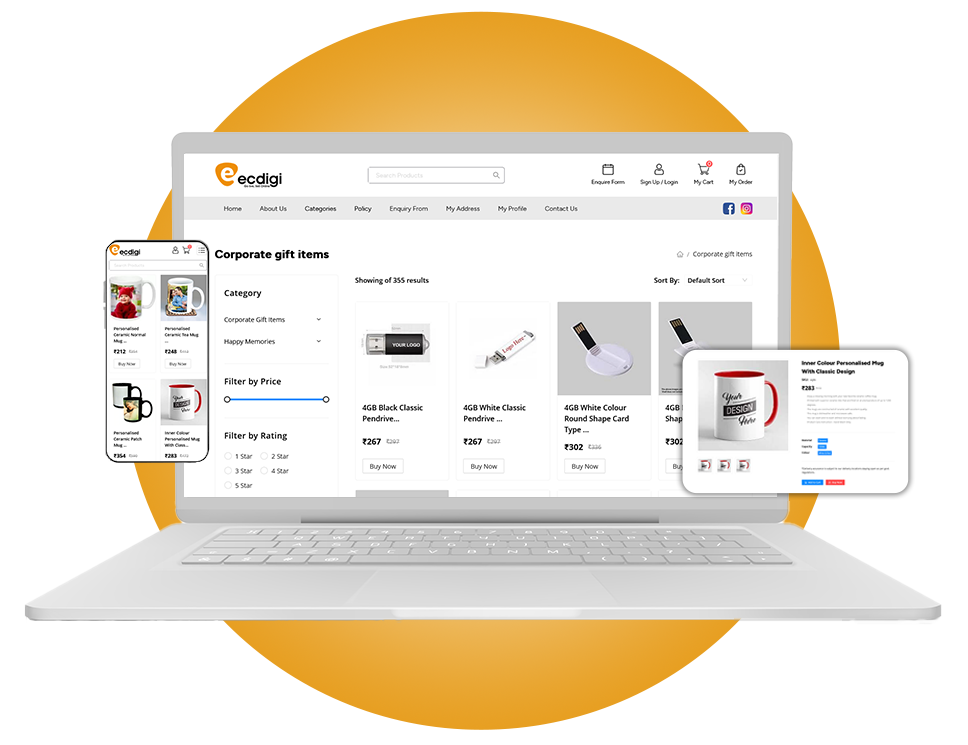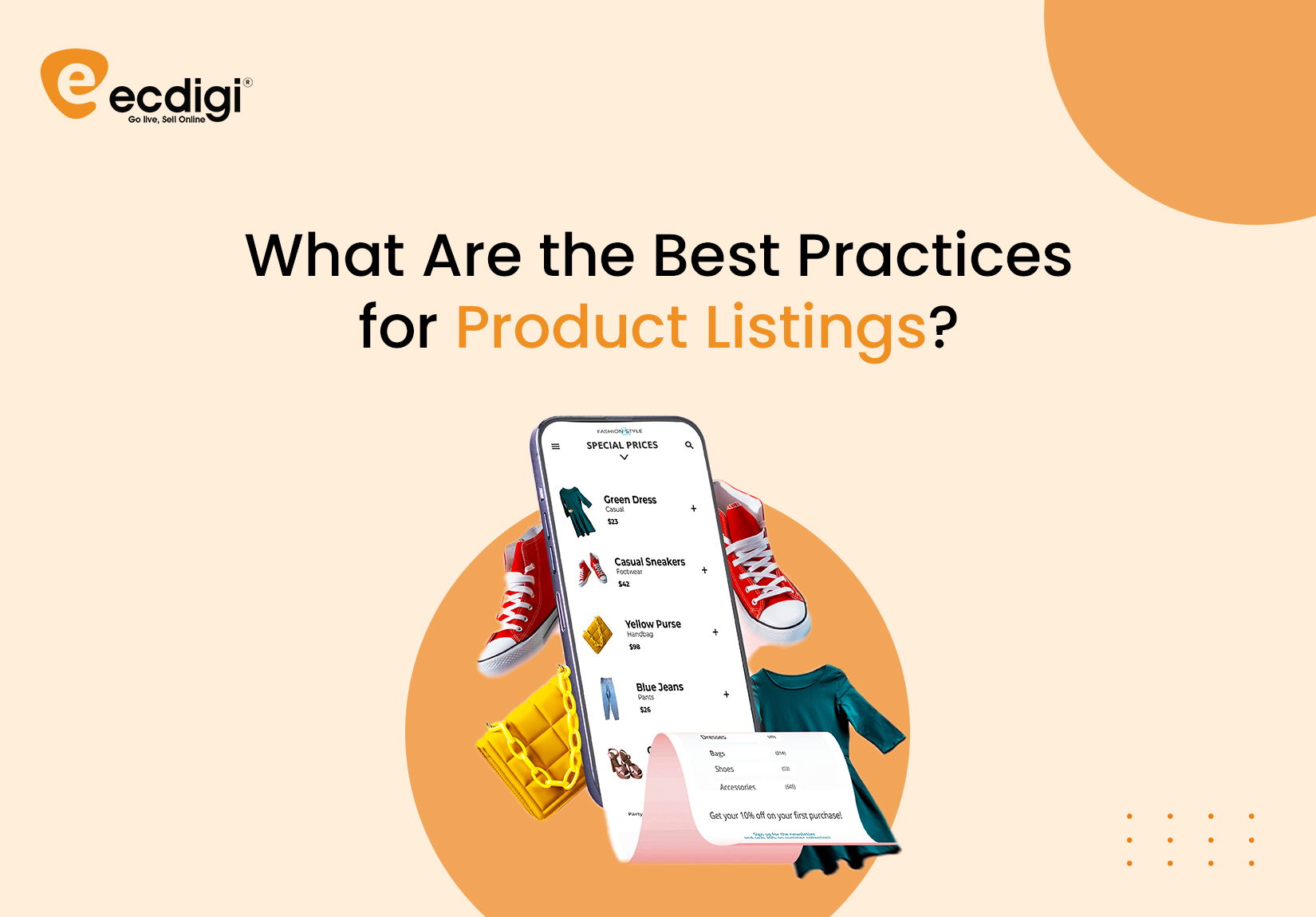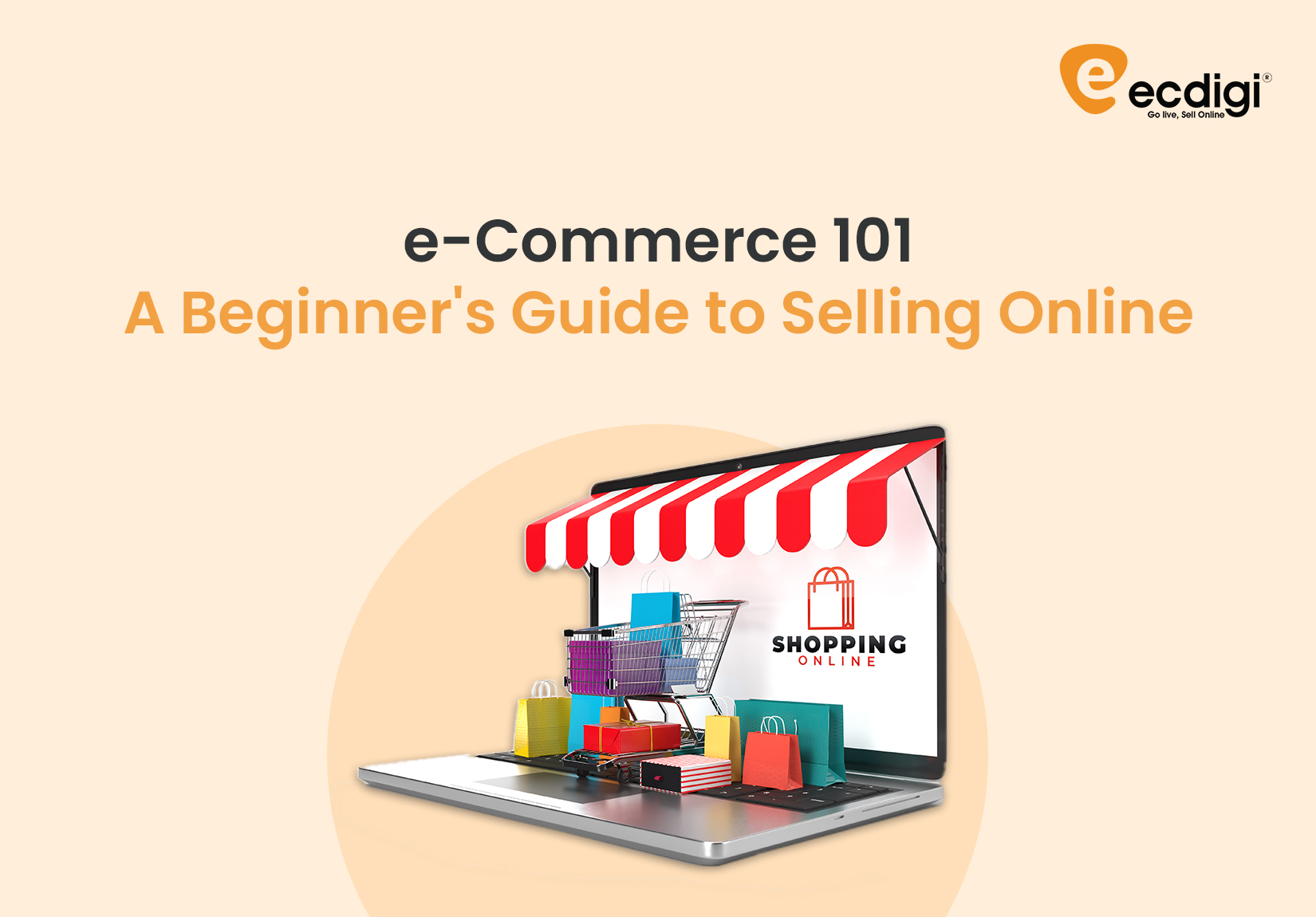How Do I Find a Niche for My e-Commerce Business?
e-Commerce FAQ | 02 Aug, 2024

Finding the right niche is one of the most crucial steps in starting a successful e-Commerce business. A well-defined niche allows you to target a specific segment of the market, catering to the unique needs and preferences of a particular group of customers. This focused approach not only helps you stand out from the competition but also builds a loyal customer base. This article will guide you through the process of finding a niche for your e-Commerce business, including market research, identifying your passions and expertise, and evaluating market demand.
1. Understand the Importance of a Niche
Before diving into the process, it’s essential to understand why finding a niche is so important. A niche helps you:
-
 Target a Specific Audience: By focusing on a particular segment, you can tailor your marketing efforts to resonate with your audience.
Target a Specific Audience: By focusing on a particular segment, you can tailor your marketing efforts to resonate with your audience.
-
 Reduce Competition: A well-defined niche often means less direct competition, as you’re catering to a more specific market.
Reduce Competition: A well-defined niche often means less direct competition, as you’re catering to a more specific market.
-
 Build Expertise: Specializing in a niche allows you to become an authority in that area, building trust with your customers.
Build Expertise: Specializing in a niche allows you to become an authority in that area, building trust with your customers.
-
 Enhance Customer Loyalty: Offering specialized products or services creates a stronger connection with your customers, encouraging repeat business.
Enhance Customer Loyalty: Offering specialized products or services creates a stronger connection with your customers, encouraging repeat business.
2. Identify Your Interests and Expertise
Starting an e-Commerce business around something you’re passionate about and knowledgeable in can increase your chances of success. Consider the following:
Example:
If you have a passion for fitness and a background in personal training, you might consider starting a store that sells fitness equipment, workout apparel, and nutritional supplements.
3. Conduct Market Research
Market research is essential to understand the potential demand and competition within your chosen niche. Here’s how to conduct effective market research:
a. Keyword Research:
Use tools like Google Keyword Planner, Ahrefs, and SEMrush to identify popular search terms related to your niche. Look for keywords with high search volumes and low to moderate competition.
b. Analyze Trends:
Examine industry trends using platforms like Google Trends to see if interest in your niche is growing, stable, or declining. This can help you gauge the long-term viability of your niche.
c. Evaluate Competitors:
Identify your competitors and analyze their strengths and weaknesses. Look at their product offerings, pricing, customer reviews, and marketing strategies. This can provide insights into what works and what doesn’t in your chosen niche.
Example:
If you’re considering the fitness niche, use Google Trends to see the popularity of related keywords over time. Analyze competitors like other online fitness stores to understand their product range, pricing, and customer engagement strategies.
4. Evaluate Market Demand
Assessing market demand ensures there is a sufficient audience for your products. Here’s how to evaluate demand:
a. Social Media:
Browse social media platforms like Facebook, Instagram, and Pinterest to see what topics and products are trending within your niche. Join relevant groups and communities to observe discussions and gather insights.
b. Online Marketplaces:
Check online marketplaces like Amazon, eBay, and Etsy to see what products are best-sellers in your niche. Look at customer reviews to understand their preferences and pain points.
c. Surveys and Polls:
Conduct surveys or polls using tools like SurveyMonkey or Google Forms to directly ask potential customers about their needs and interests.
Example:
For the fitness niche, join fitness groups on Facebook and observe the types of products and discussions that generate the most engagement. Browse Amazon’s best-sellers in fitness equipment and read customer reviews to identify popular products and common issues.
5. Narrow Down Your Options
Once you have gathered sufficient information, narrow down your options by considering the following factors:
-
 Profitability: Ensure the products in your niche have a good profit margin.
Profitability: Ensure the products in your niche have a good profit margin.
-
 Passion: Choose a niche you’re genuinely interested in to maintain motivation and enthusiasm.
Passion: Choose a niche you’re genuinely interested in to maintain motivation and enthusiasm.
-
 Expertise: Select a niche where you have some level of expertise or willingness to learn.
Expertise: Select a niche where you have some level of expertise or willingness to learn.
-
 Market Demand: Confirm there is sufficient demand for your products.
Market Demand: Confirm there is sufficient demand for your products.
Example:
If you’ve identified that yoga equipment is a popular and profitable segment within the fitness niche, and you’re passionate about yoga, this could be a strong niche to pursue.
6. Test Your Niche
Before fully committing, test your niche to validate your ideas and assumptions. Here are a few ways to test your niche:
a. Create a Landing Page:
Build a simple landing page with an email sign-up form and information about your upcoming products. Drive traffic to this page using social media or paid ads to gauge interest.
b. Pre-Sell Products:
Offer pre-orders for a limited number of products to see if there is genuine interest and demand.
c. Run Ads:
Use Google Ads or Facebook Ads to drive traffic to your landing page or product listings. Monitor the performance to see how well your ads convert.
Example:
Create a landing page for your yoga equipment store, highlighting a few key products. Run a Facebook ad campaign targeting yoga enthusiasts and measure the number of email sign-ups and pre-orders.
7. Refine Your Niche
Based on the feedback and data from your tests, refine your niche to better meet the needs of your target audience. Adjust your product offerings, marketing messages, and strategies as needed.
Example:
If your tests reveal that certain yoga products like eco-friendly mats and durable blocks are particularly popular, focus your inventory and marketing efforts on these items to cater to your audience’s preferences.
Conclusion
Finding the right niche for your e-Commerce business is a critical step towards success. By identifying your interests and expertise, conducting thorough market research, evaluating demand, and testing your ideas, you can choose a niche that is profitable, sustainable, and aligned with your passions. Remember, a well-defined niche allows you to target a specific audience, reduce competition, and build a loyal customer base. Take the time to explore your options and make an informed decision, setting the foundation for a thriving e-Commerce business.













































